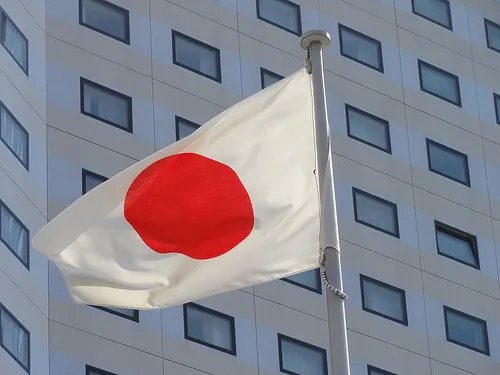
Here's what Japan's 'Abenomics' must hurdle in 2013
Is "Abenomics" the answer to Japan's problems?
According to HSBC, Japan is back in the spotlight. With the Nikkei index recovering to two-year highs, there is a growing sense that the economy has turned over a new leaf. But how much of this is hype?
There are plenty of reasons to be hopeful about 2013. With consumption surprisingly resilient, overseas economies rebounding, and manufacturing activity slowly picking up, Japan’s economy already appears to be on the mend.
A new Prime Minister (Prime Minister Shinzo Abe) is in charge, promising an all-out assault on chronic deflation and anemic growth. The Cabinet has quickly mobilized fiscal and monetary policy to deliver fast-acting stimulus to the economy, hoping that a weaker yen sparks an export-led recovery and lavish public works spending boosts domestic activity.
Here's more from HSBC:
However, the actual lift to GDP from the stimulus spending will likely be much more modest than official estimates suggest. We have raised our 2013 growth forecast from 0.2% to 0.9% (1.7% y-o-y on a fiscal year basis), considerably below official estimates.
Public works spending will likely be constrained by a shortage of construction workers and tight local government finances. A weak yen poses upside risks to our forecasts, but would have to be sustained over the course of the year before exporters see an improvement in export volumes.
With Japan’s policies spurring currency war fears, especially from export competitors such as South Korea and Germany, it is unclear how much more room Japan has to push forward its reflationary agenda. Even if Japanese policymakers succeed in devaluing the currency, the merits of a weaker yen may be partially offset by rising input costs.
Meanwhile, pressure remains on the Bank of Japan to ramp up monetary easing, as inflation is expected to trend well below the BoJ’s new 2% target. More importantly, the government must move quickly on its growth strategies for momentum to be sustained in the long run.
It must also make swift progress on its fiscal consolidation efforts if reflationary strategies are to succeed without lighting the fuse on the country’s debt problems.








![Cross Domain [Manu + SBR + ABF + ABR + FMCG + HBR + ]](https://cmg-qa.s3.ap-southeast-1.amazonaws.com/s3fs-public/styles/exclusive_featured_article/public/2025-01/earth-3537401_1920_4.jpg.webp?itok=WaRpTJwE)









 Advertise
Advertise


